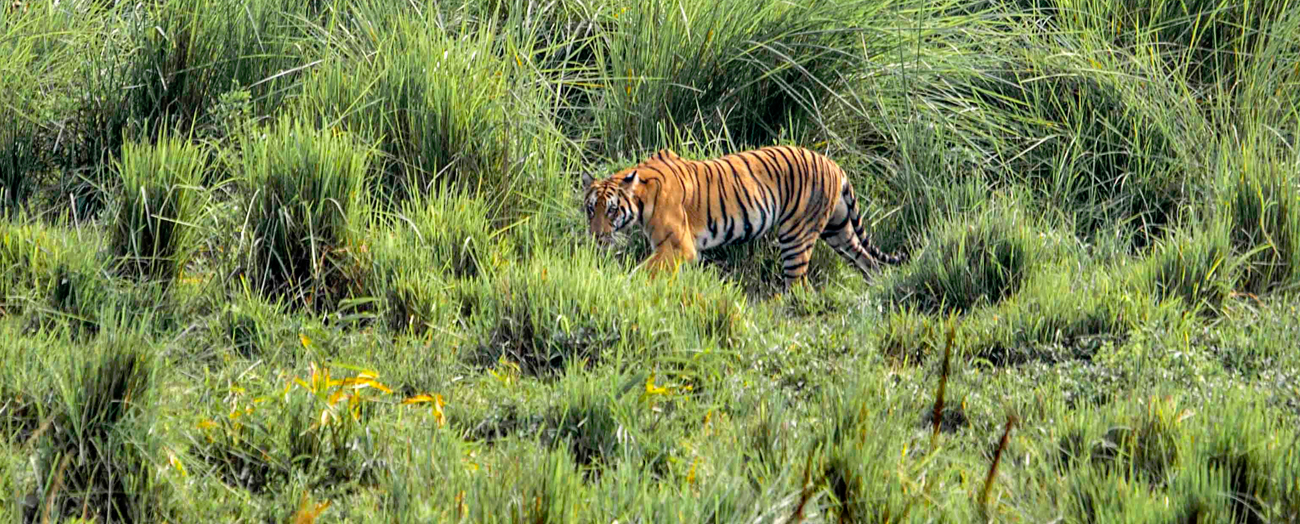
The closure of tourist activities in Orang National Park and Tiger Reserve, as announced by the Divisional Forest Officer of Mangaldai Wildlife Division, marks a significant moment in the annual cycle of wildlife conservation efforts in Assam. This decision, effective from May 15, 2024, is a reflection of the state's commitment to preserving its natural heritage, ensuring the safety of its visitors, and maintaining the ecological balance necessary for the well-being of its diverse species. The temporary suspension of jeep and elephant safaris is a practice rooted in the understanding of the region's environmental dynamics, particularly the need to provide undisturbed habitats for wildlife during crucial periods of migration and breeding. The pattern of closing national parks and wildlife sanctuaries in Assam during this time is well-established, with the tourist season traditionally spanning from October to mid-May. This practice aligns with the natural rhythms of the region's flora and fauna, allowing them to thrive without the pressures of human interaction. The authorities' emphasis on visitor safety and environmental conservation underscores the delicate balance between tourism and wildlife protection. The previous tourist season witnessed a remarkable influx of visitors to Kaziranga National Park and Tiger Reserve, setting a new record for the highest attendance since its inception. With a total of 327,493 visitors, including 313,574 Indian nationals and 13,919 international guests, the park has cemented its status as a premier destination for those seeking to experience the majesty of the Indian one-horned rhinoceros and the rich biodiversity of Assam. The surge in tourism has not been limited to Kaziranga; the Eastern Assam Wildlife Division, along with the Nagaon and Bishwanath Wildlife Divisions, have also reported significant increases in both domestic and international tourist numbers. This rise in tourism has brought about a welcome boost in revenue, which is crucial for the ongoing conservation efforts and the economic stability of the region. The proactive measures taken by the wildlife authorities in Assam demonstrate a forward-thinking approach to conservation. By prioritizing the well-being of wildlife and their habitats, Assam sets an example for sustainable tourism practices that other regions can emulate. As the parks prepare to reopen for the next season, the anticipation for another successful year of wildlife tourism grows, with the hope that the balance between human enjoyment and environmental stewardship will continue to be a guiding principle for all involved.
© Travel Media. All Rights Reserved.